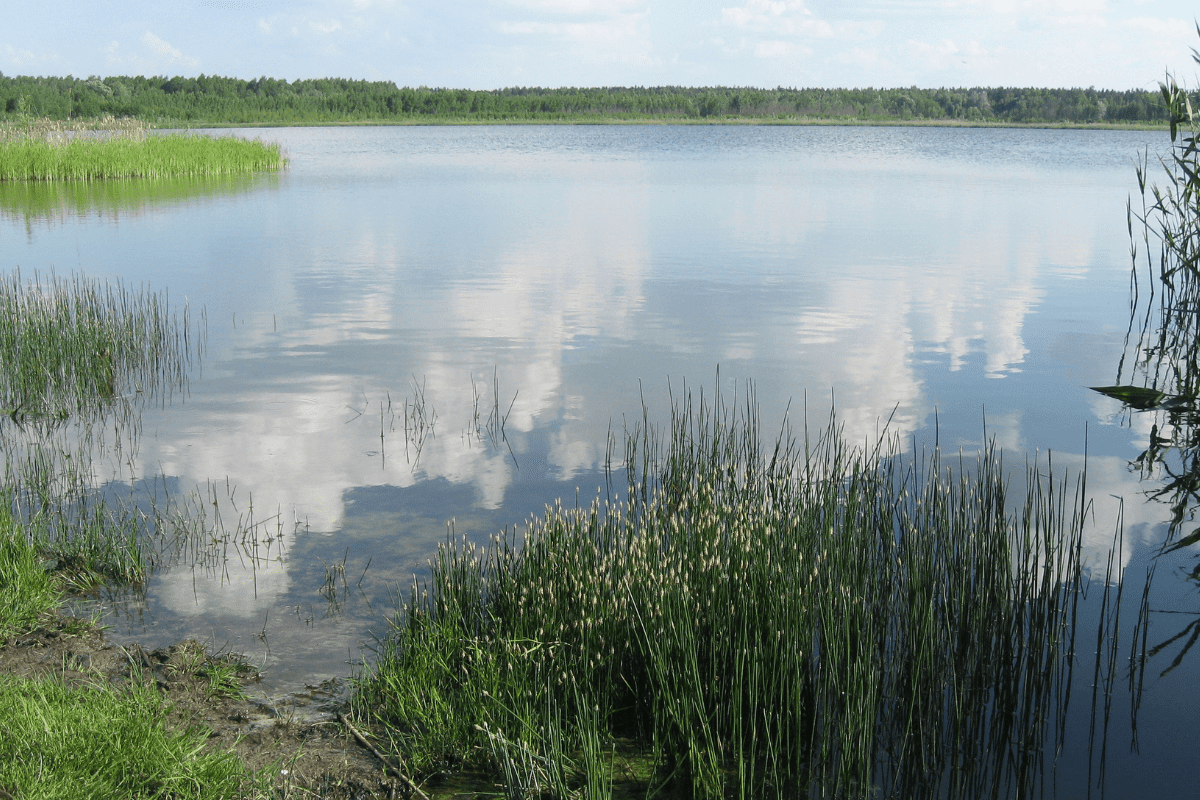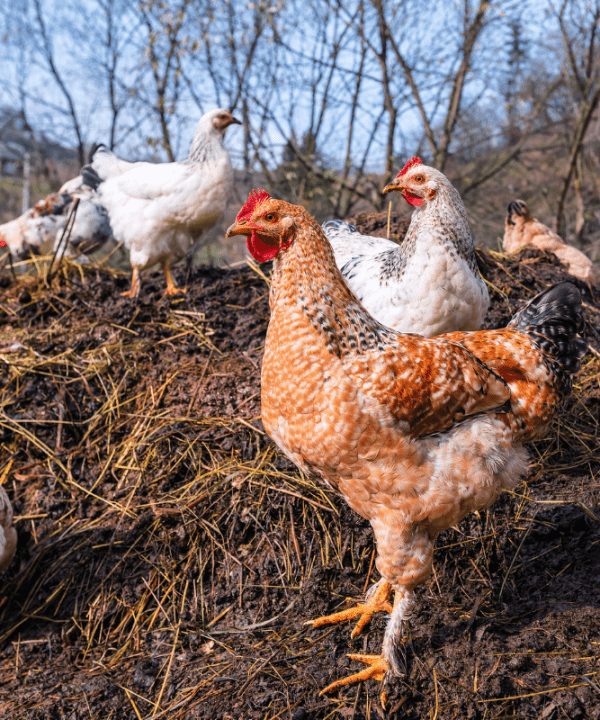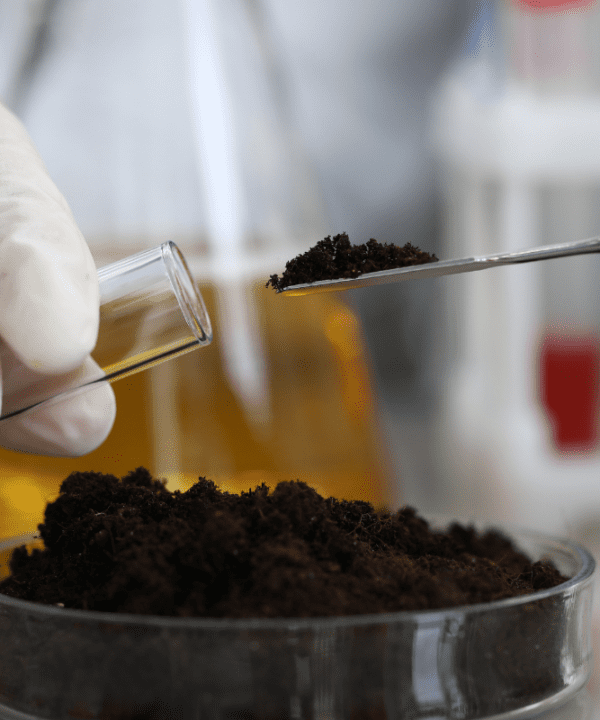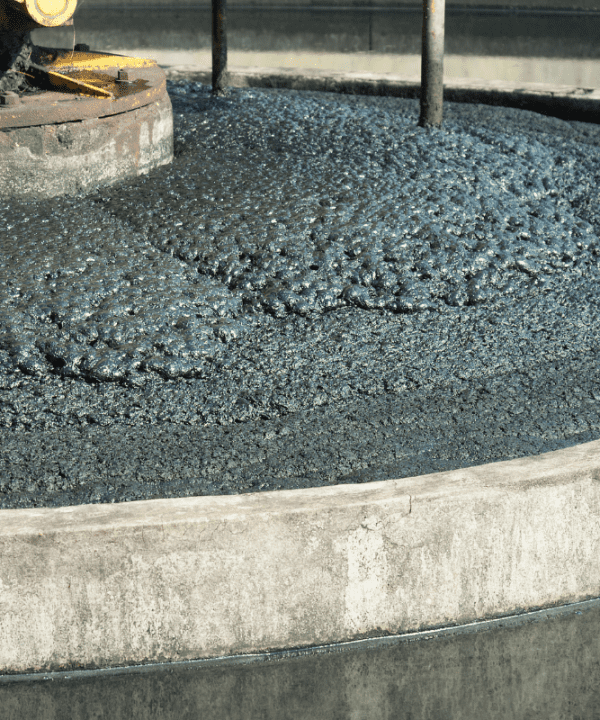
PROJECT DETAILS
- Project No 3030
- Project Name Methodology for a comprehensive analysis (triple bottom line) of alternative water supply projects compared to direct potable reuse
- Lead Organisation Water Research Australia
- Research Lead UNSW Sydney
- Main Researcher Stuart Khan
- Completion Year 2018
Project Description
At least three different ways to use recycled water are applied around the world: groundwater and aquifer replenishment, surface water augmentation and direct potable reuse. Barriers to the installation of new recycling schemes tend not to be technical but arise from other parameters including the ‘yuck factor’; peoples emotional response to the prospect of drinking recycled sewage even though it is highly treated, clarified and safe. Both indirect (eg surface water augmentation) and direct potable reuse have advantages to utilities which include reduced overall energy requirements, construction and operational costs. Despite this, utilities find it difficult to assess the relative costs and benefits of various water reuse options. This research developed a Water Supply Evaluation tool (WaterSET) which is build on a MatLab platform but does not require a license to operate through its user-friendly Excel spreadsheet interface. It uses a comparison model which incorporates analysis of economic and scheme lifecycle costs, as well as environmental and social impacts. WaterSET generates a multi-criteria decision analysis that enables utilities to select the best recycling and reuse option for their own situation and customer base.





